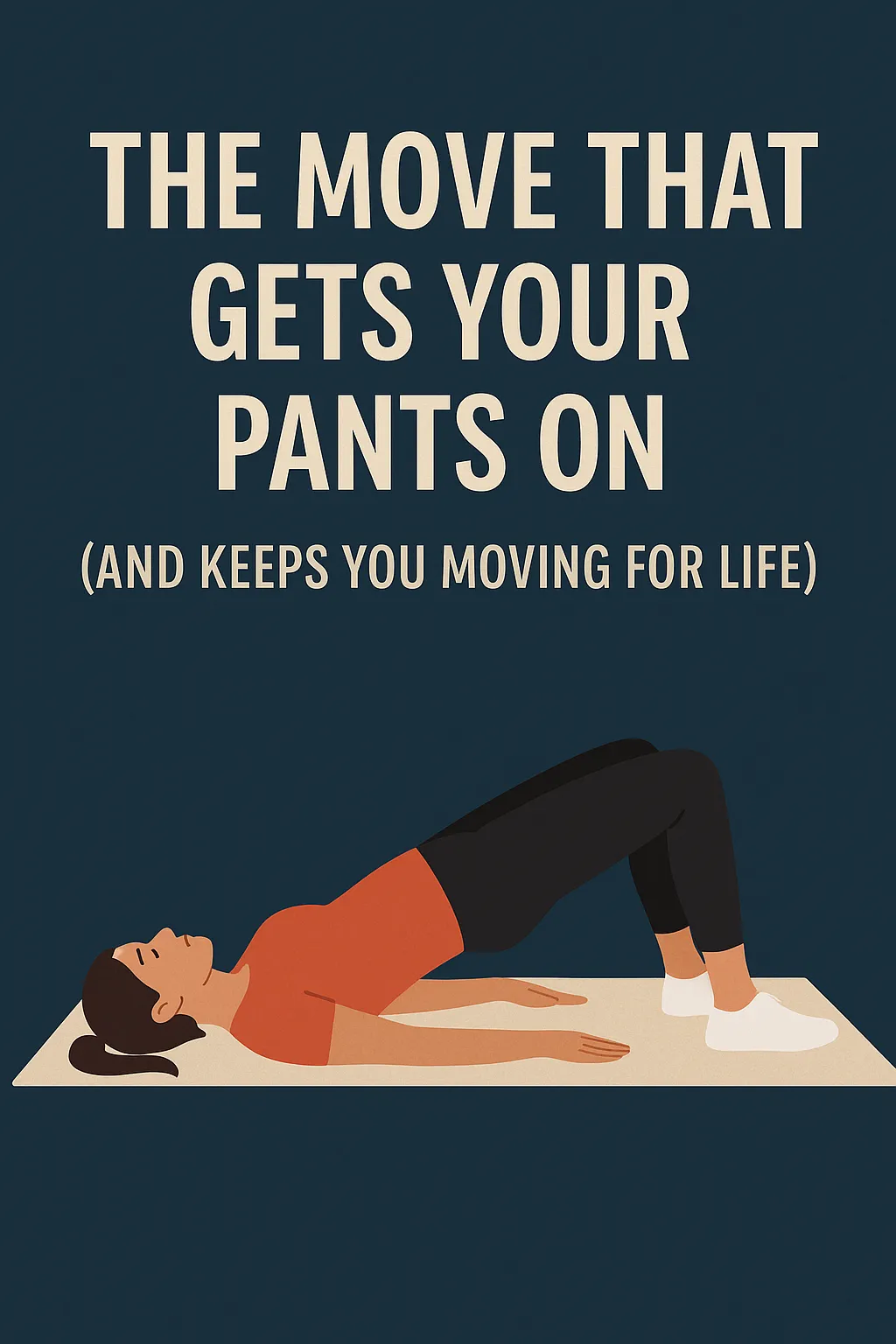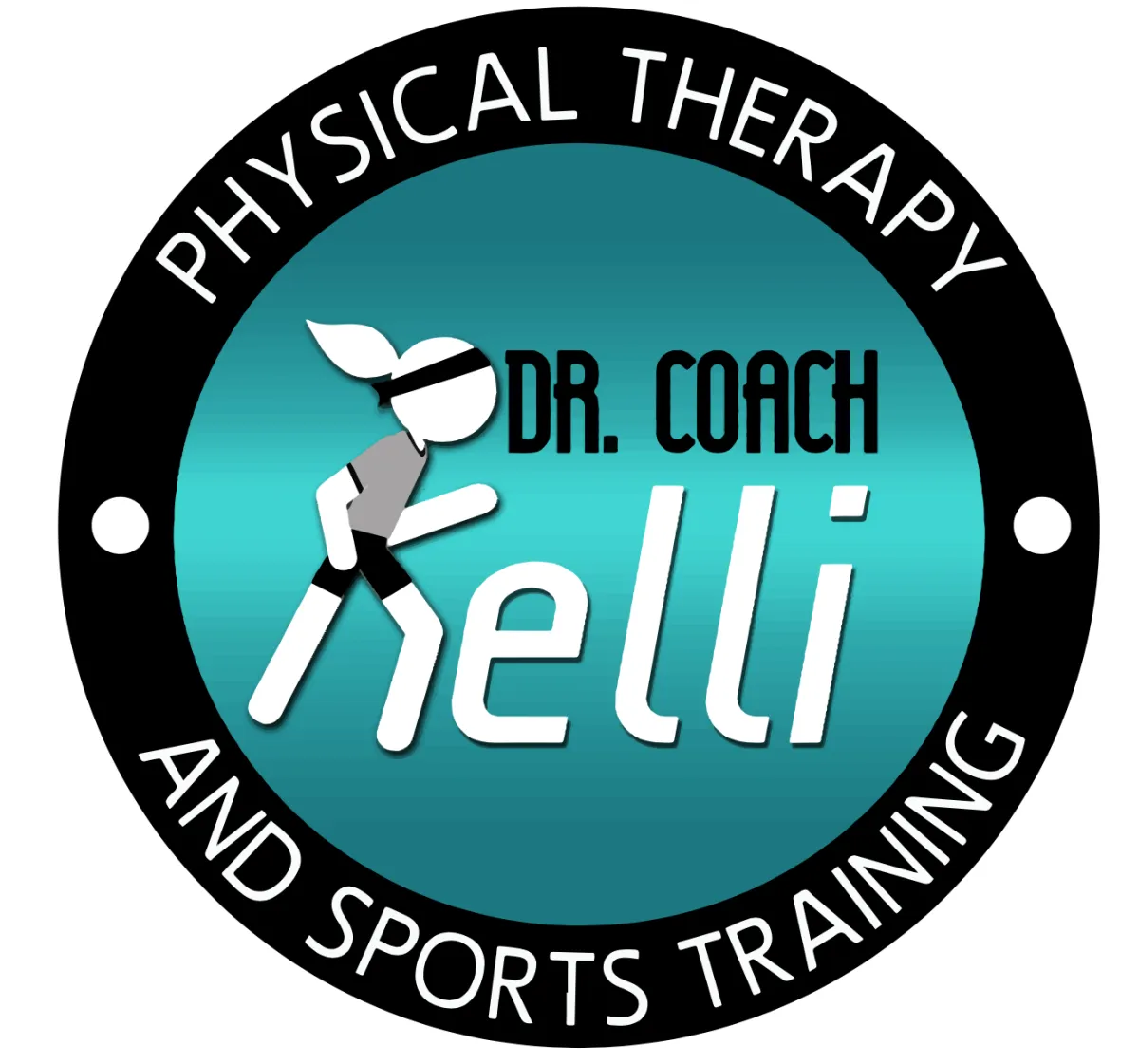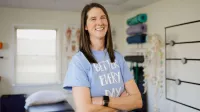185 Fairfield Ave. 1A West Caldwell, NJ 07006
call or text 973-791-8318
Dr. Kelli's Made To Move Blog

The Move That Gets Your Pants On (and Keeps You Moving for Life)
Hey there,
Thanks for spending your greatest resources—your time, energy, and attention—with me today. I’ll make it worth your while.
(If you’d rather listen, I recorded a podcast version [here], and if you're a visual learner or just want to hang out face-to-face, the video is [here]).
First off, thank you for all the responses to last week’s newsletter! (You can catch it on my blog [here] if you missed it). I loved hearing about your morning routines—some of you are up before the sun, others stay horizontal until caffeine kicks in. Some scroll your phone first thing, while others guard your peace until cup #2 of coffee is secured.
No matter how your day starts, there’s one move I want you to definitely include… and it’s nauseatingly simple.
It’s the glute bridge.
Yep, that humble little hip lift is one of the most powerful, practical, and protective movements I prescribe—and I give it to almost everyone who walks through my clinic doors.
Here’s why.
The Hospital Pants Test (aka Why This Move Matters)
Let me take you back to my final clinical rotation in PT school. I was working at a neurological hospital in Phoenix. Think strokes, traumatic brain injuries, back and neck surgeries, brain surgery—the works.
Our job? Get patients out of bed and walking within 12–24 hours post-op.
They called us the “people walkers.” (Chic, I know.)
Now picture this: you’re in a hospital gown, groggy, scared, and told, “Physical therapy will be here today to get you moving.”
If that doesn’t make you want to crawl under the covers and pretend you’re not home, I don’t know what will.
But in I walk—bright-eyed, bushy-ponytailed, 3rd-year PT student—cheerfully announcing, “Hi Mr. Smith! We’re here to get you moving!”
After some small talk and trust-building, Mr. Smith agrees only if we can get his pants on first. Fair enough—no one wants their backside flapping in the hospital breeze.
So we help get his feet in the pant legs, slide them up as far as we can... and then we hit a roadblock: the glutes.
To get pants up the rest of the way, he needs to bend his knees, push through his feet, and lift his hips. That’s it.
Sounds simple, right?
Except… he can’t do it.
And he’s not alone.
The Shocking Reality
At least 50% of the patients we saw couldn’t get their butt an inch off the bed.
It was hard for us.
Embarrassing for them.
And eye-opening for their family.
If someone can’t get their pants on by themselves, the road to recovery just got a lot longer.
That moment changed me. I made a promise to myself:
Every single patient I ever work with will know how to do this move.
Why? Because the glute bridge doesn’t just help with pants. It helps with posture, mobility, balance, independence… and confidence.
Why So Many People Struggle
Now allow me to put on my physical therapist hat and break down the four big reasons glute bridging is so dang hard:
1. The Brain Is in Panic Mode
After surgery or injury, your body’s internal alarm system is blaring. If you’ve never done a glute bridge before, your brain is saying, “Absolutely not. We just had a major issue—no new movements allowed!”
2. Glutes & Core Are Weak Sauce
Most people just don’t have the strength. Sedentary lifestyles, extra body weight, and years of disuse mean the muscles simply aren’t strong enough to overcome gravity and a squishy hospital mattress.
3. It’s a New Skill
Even if the muscles are there and the healing is going well, if the move is brand new, it’s not going to happen under pressure. You don’t rise to the occasion—you fall to the level of your training.
4. Your Hips Are Tight as a Drum
Sitting for long periods leads to tight hip flexors and overstretched glutes. That imbalance means when you ask your body to lift, it simply doesn’t have the range of motion to obey.
The Takeaway: Train the Bridge Now, Thank Yourself Later
So here's your nudge:
Don’t wait until a hospital stay forces you to figure this out.
Practice the glute bridge now. Own it. Make it yours.
Get familiar with it, get good at it, and give your future self a fighting chance.
Here’s a [quick video] showing you exactly how to do it, plus some ways to modify it to meet you where you are.
Whether you’re 35 or 85, a strong glute bridge is a ticket to better posture, stronger hips, more resilient movement—and yes, the ability to get dressed independently if life ever throws you a curveball.
Need Help Getting Started?
If you want support building habits, staying accountable, or simply making movement feel doable again, I’m here.
Let me know what you need—I’m ready when you are.
To glutes that get the job done,
Dr. Coach Kelli
185 Fairfield Ave. 1A West Caldwell, NJ 07006
Phone : 973 - 791 - 8318
Fax: 866 - 300 - 8169
Clinic Hours:
Monday : 8am-1pm
Tuesday : 8am-1pm & 3-5pm
Wednesday : Closed
Thursday : 8am-1pm
Friday : 8am-1pm
Saturday by Appointment Only

